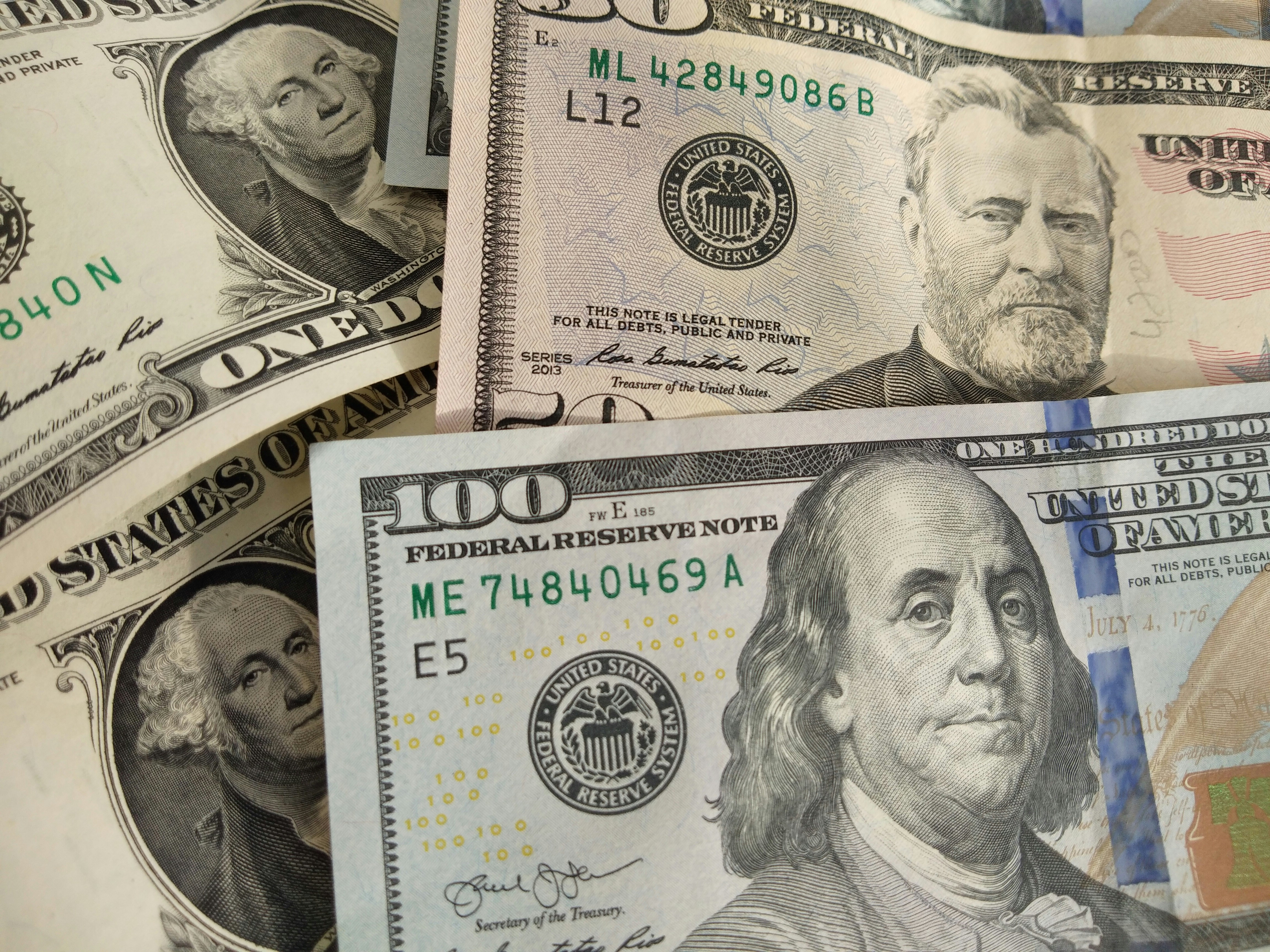[UNITED STATES] As investors abandoned U.S. assets in favor of safe havens like the Swiss franc, yen, and euro, as well as gold, due to declining confidence in the U.S. economy, the dollar fell on Friday.
The flight to safety underscores growing unease over the sustainability of U.S. fiscal policies, particularly as ballooning deficits and political volatility ahead of the November election cloud the economic outlook. Analysts note that foreign reserves managers have been quietly diversifying away from dollar holdings since late 2023, a trend now accelerating amid renewed trade tensions.
The franc hit a new decade high, and the yellow metal hit a new all-time high in early Asia trade. After President Donald Trump abruptly stopped rising tariff rates on dozens of trading partners on Wednesday, Wall Street equities saw a huge relief bounce that quickly reversed direction, and investors dumped them overnight. Additionally, 10-year rates are headed for their largest weekly increase since 2001 as longer-dated U.S. Treasuries are selling off.
The Treasury sell-off reflects mounting concerns that the Federal Reserve may delay rate cuts despite softening economic data, as sticky inflation and geopolitical risks complicate policymakers’ calculus. Market-implied probabilities of a September rate cut have plummeted to 35%, down from 68% just a month ago, according to CME Group data.
China was left out of Trump's 90-day reprieve, which occurred despite his days of insisting that his views will never alter. Instead, he intensified a high-stakes conflict between the two biggest economies in the world by raising taxes on Chinese imports to an effective 145% rate.
Beijing’s response has been measured so far, with state media emphasizing “strategic patience” and potential retaliatory measures targeting U.S. agricultural exports. However, behind the scenes, Chinese policymakers are reportedly fast-tracking domestic stimulus, including subsidies for semiconductor firms and expanded consumer vouchers, to cushion the blow.
A day after plunging to an all-time low in offshore trading on Tuesday, the Chinese yuan recovered all of its losses, surged once more on Thursday, and was gaining in early trading.
Chris Weston, head of research at Pepperstone, stated, "There has been a pronounced'sell U.S.' vibe flowing through broad markets and into the classic safe-haven assets, with the USD losing the safe-haven bid."
"The moves (have) the feel of repatriation flows by foreign entities, with many re-focused on the idea that Trump's reluctant pause on tariffs was due to increased system risk and migrating capital away from Ground Zero," Weston stated. "The fact that USDCNH is trading weaker on the session is telling."
The goal of the tariff withdrawal, according to U.S. Treasury Secretary Scott Bessent, has always been to get nations to the negotiating table. However, Trump later said that his decision was influenced by the near-panic in markets that had developed since his April 2 "Liberation Day" tariff announcements.
Market strategists warn that the whiplash in trade policy could exacerbate long-term structural shifts, with multinationals increasingly relocating supply chains to “neutral” jurisdictions like Vietnam and Mexico. A recent UBS survey showed 43% of Asian manufacturers have accelerated plans to reduce China exposure—a trend likely to deepen if tariffs become permanent.
Trump has frequently threatened a variety of harsh actions on trading partners since reentering the White House in January, only to abruptly withdraw some of them. The inconsistent strategy has confused world leaders and alarmed business executives, who claim that it is hard to predict market conditions because of the ambiguity.
The dollar continued Thursday's over 4% decline, falling as far as 1.2% to 0.81405 Swiss franc for the first time since January 2015. At 143.10 yen, the U.S. currency fell 0.9%, its lowest level since October 1. Additionally, it fell 0.5% to C$1.3912, its lowest level in five months. The euro jumped 1.7% to $1.13855, the highest level since February 2022.
For the first time since July 2023, the dollar index, which compares the US dollar to those four and two other major currencies, fell as much as 1.2%, breaking below the 100 mark. In the offshore market, the U.S. currency fell 0.2% to 7.2957 yuan, continuing its three-day decline to 1.8%. Gold surged 1.4% to an all-time high of $3,217.43 an ounce.











.jpeg&w=3840&q=75)


